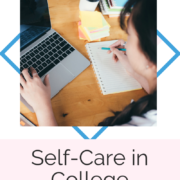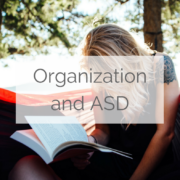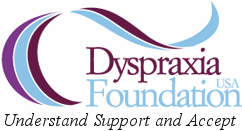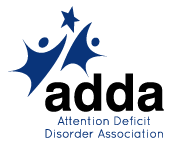What Is Going On? Is There a Comorbid Condition?
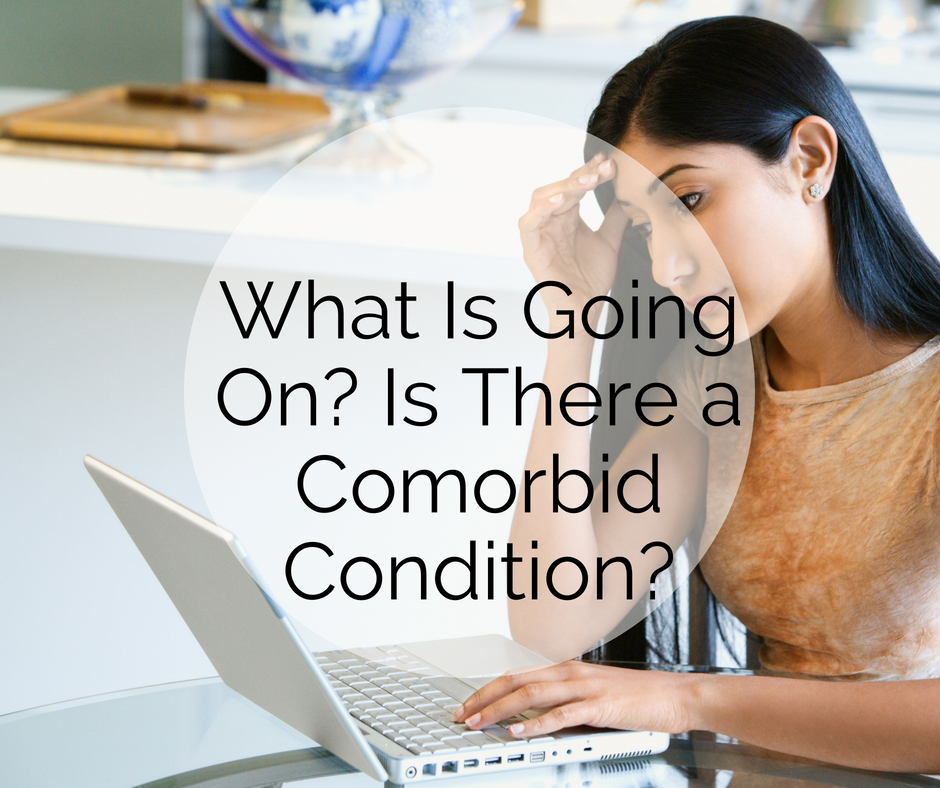 Do you ever feel that ADHD only doesn’t explain everything that is going on?
Do you ever feel that ADHD only doesn’t explain everything that is going on?
It may be just the tip of the iceberg.
Here are some facts. The occurrences of ADHD 3-5% of the population. 20-30% of people with ADHD also have depression. More than 25% of people with ADHD have anxiety disorders.
Here is a list of comorbid conditions:
- Anxiety/Depression
- Obsessive Compulsive Disorder
- Disruptive Mood Dysregulation Disorder/Intermittent Explosive Disorder/Oppositional Defiant Disorder/Conduct Disorder
- Learning disabilities (the list could be its own long list)
- Communication difficulties
- Bipolar Disorder
- Sleeping problems
- Tourette’ Disorder/Tic Disorder
- Pervasive Developmental Disorder/Autism/Asperger’s syndrome
- Epilepsy (strong link in new studies but not yet proven)
- Many forms a physical illness
- Enuresis (Bed wetting)
- Drug and alcohol abuse
- Accidental injuries
When coming up with systems and strategies for my clients, it is important to know if they have comorbid conditions along with their ADHD. Our solutions and tips for each client come from the client. I ask questions to help guide them to their own solutions which generally do better than being told what he/she should be doing. Most of my clients have ADHD. Of those clients, each of them has at least of one these other conditions anxiety, phobias, Autism Spectrum Disorder (ASD), OCD, sleeping problems, depression, PTSD, Post Concussion Syndrome (PCS) and various learning disabilities. The system for a young student with ADHD and dyslexia is completely different than the system for an older student with ADHD and PTSD.
Knowledge is power! We all know if but many don’t seek it out for their own mental health. For clients, I provided education on ADHD and medications. I have help clients move into action on notices where, when and why symptoms show up most often and have help clients develop action plans on learning about comorbid conditions. Together we find tools and strategies to help support their lives.
But there are some overriding principles that seem to help most regardless of age:
- Learn to tell time if you don’t already know.
- Use analog clocks and timers
- Set alarms to remind you to get ready and to leave the house
- Use a planner, write down as much as possible about events
- Understand your own disorders, their symptoms (watch a youtube video, I know reading isn’t likely to happen) and be honest when talking to your doctor about them.
- Use visual reminders
- Color coding for everything
- Do boring task with someone (body doubling)
- Say no to junk email, junk mail, free give-a-ways (you don’t need extra stuff)
- Have a home for everything and take to 30 sec or less it takes to put everything away when you are finished with it. It will save tons of time and frustration in the future.
- Delegate anything you can. Even if you live alone-hire a cleaning service, laundry service, have groceries delivered, use a CPA to do your taxes. All of these are forms of delegation.
- Trade tasks with someone else. Like to do yard work but hate to cook find a neighbor or friend who feels the opposite.

Big Bang Coaching, LLC provides coaching for the neurodiverse.



